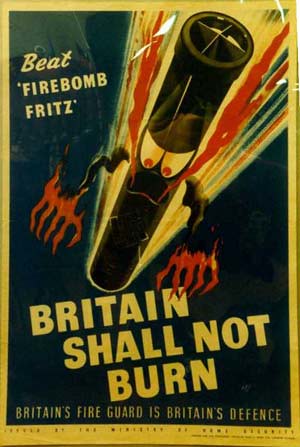1.
How did anti-Semitism outside of Germany contribute to the problems of Jews in Germany?
- Anti-Semitism outside of Germany kept the Jews from being able to escape the Nazis and kept the Jews from being believed as well.
2.Why do you think the German people went along with the Nazi policy of persecution of Jews?
- I believe German people went along with the Nazi policy of persecution of Jews because it says," Many Germans, along with other Europeans, had targeted Jews as the cause of their failures. Some Germans even blamed Jews for their country's defeat in World War 1 and for its economic problems after the war".
3.
"Never shall I forget that night, the first night in camp, which has turned my life into one long night, seven times cursed and seven times sealed. Never shall I forget that smoke. Never shall I forget the little faces of the children, whose bodies I saw turned into wreaths of smoke beneath a silent blue sky.
Never shall I forget those flames which consumed my faith forever.
Never shall I forget that nocturnal silence which deprived me, for all eternity, of the desire to live. Never shall I forget those moments which murdered my God and my soul and turned my dreams to dust. Never shall I forget these things, even if I am condemned to live as long as God Himself. Never." Elie Wiesel, quoted in Night.
***Explain this quote.***
- What the quote is saying is that it was the persons first night in a concentration camp. It was the longest night in his life. He will never forget the little children faces as they burned under the blue sky, It was just a horrible place. He claims that his faith is destroyed, yet at the same time says that he will never forget these things even if he lives as long as God himself. His dreams are crushed forever.
Sources: www.SparkNotes.com
Modern World History Textbook

_by_Francis_Sartorius,_National_Maritime_Museum,UK.jpg..jpg)